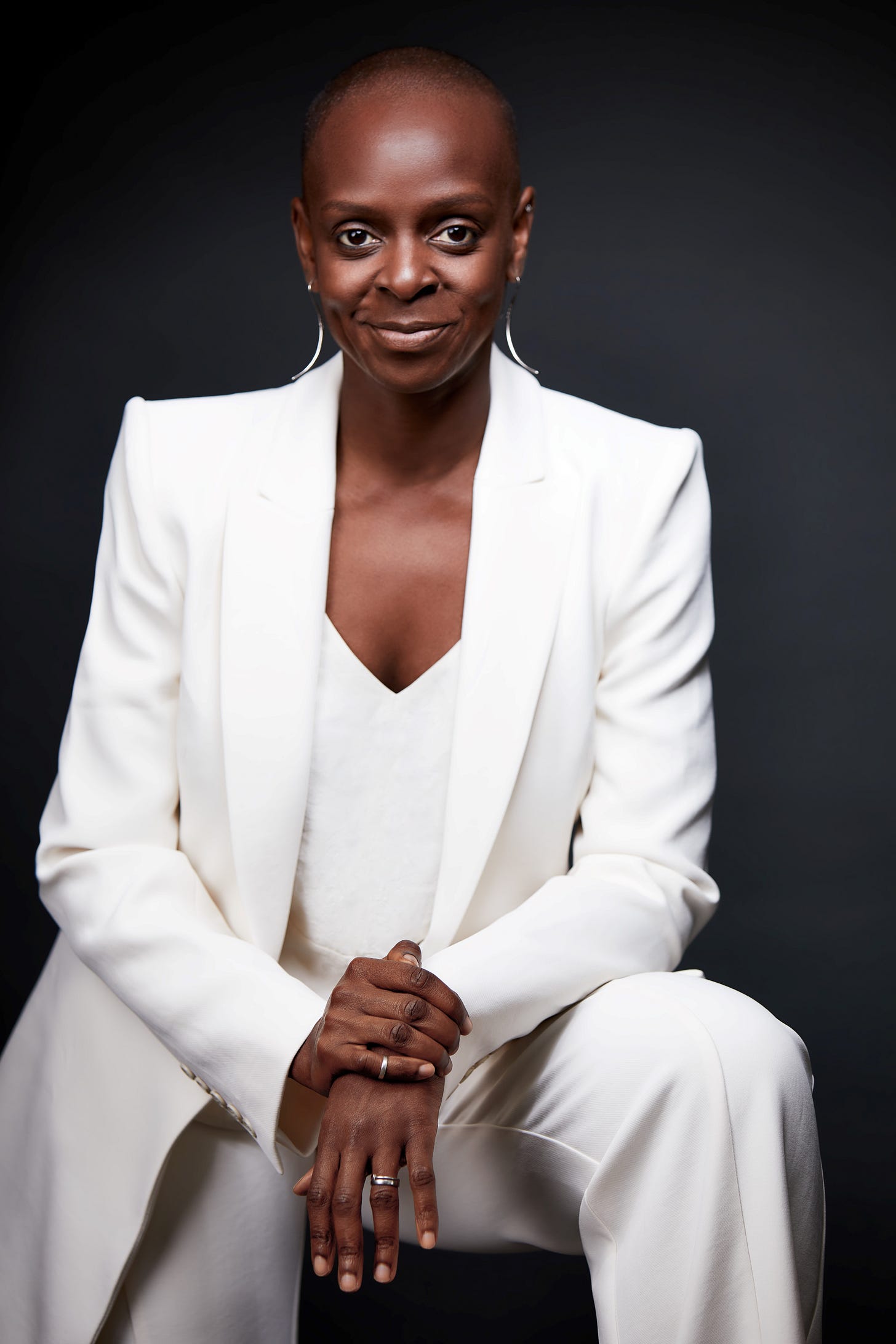Planting Bulbs in Winter: A Conversation with Kemi Nekvapil
On reclaiming ambition and desire, deciding not to forgive, and taking ownership of your life
Intimate conversations with our greatest heart-centered minds.
I first learned of Kemi Nekvapil when my friend said that I must listen to her interview with
. Which I did. And then quickly realized that I must read* her book, The Gift of Asking: A woman's guide to owning her wants and needs without guilt, which is life-changingly phenomenal and all about exactly what the subtitle suggests. After that I realized that, well, I must interview Kemi for Beyond. Lucky for us, she said yes!Also lucky for us, Kemi has a new book out: Power: A Woman's Guide to Living and Leading Without Apology. Beyonders, this is a must read for anyone wanting to live a life that’s guided by love, compassion, curiosity, kindness, strength, humor, and, yes, power. A power that comes from within; a power that lifts up both the individual and the community; a power that operates as a force for good.
Kemi is one of Australia's leading credentialed coaches for female executives and entrepreneurs. A professional speaker and author, Kemi has studied at The Gross National Happiness Centre in Bhutan, trained as a yoga teacher in India, and has trained with Dr. Brenè Brown to become a Certified Dare to Lead™ Facilitator. She’s also the author of Raw Beauty. Kemi lives in Australia with her two teenagers and husband.
*I actually listened to it on Audible. Kemi narrates and it’s fantastic!
Kemi’s Advice on Craft
“Don’t edit as you go.” Don’t miss more of Kemi’s advice on getting down first drafts at the end of the interview!
For the purposes of your book, you made power into an acronym, the first letter of which is P for Presence. What does presence mean to you, how do we achieve it, and how do we know when we’re truly experiencing it?
We have this idea that presence means sitting in the meadow, looking at the birds. Actually, presence can be confronting the areas of our lives that are not working, and the impact that has on us or the people around us.
Presence is about taking the time and space that we need to connect with ourselves, to connect with others, and to connect with what's going on around us. Our ability to be present or lack thereof, has a huge impact on how we experience ourselves and how we experience the world. We live in a world where our presence is being taken from us all the time; it’s so easy to be distracted.
Taking ownership of ourselves is the most sustainable form of power.
How do you know when you're truly present? Do you experience it in your body?
Yes, our bodies tell us things, it’s just that we're not always present to it. We'll go: “Oh, that feels a bit strange.” Or: “The way they said that makes me feels a bit uncomfortable.” But then we go into our head: “It doesn't matter. It's fine.” And we miss what our body told us.






